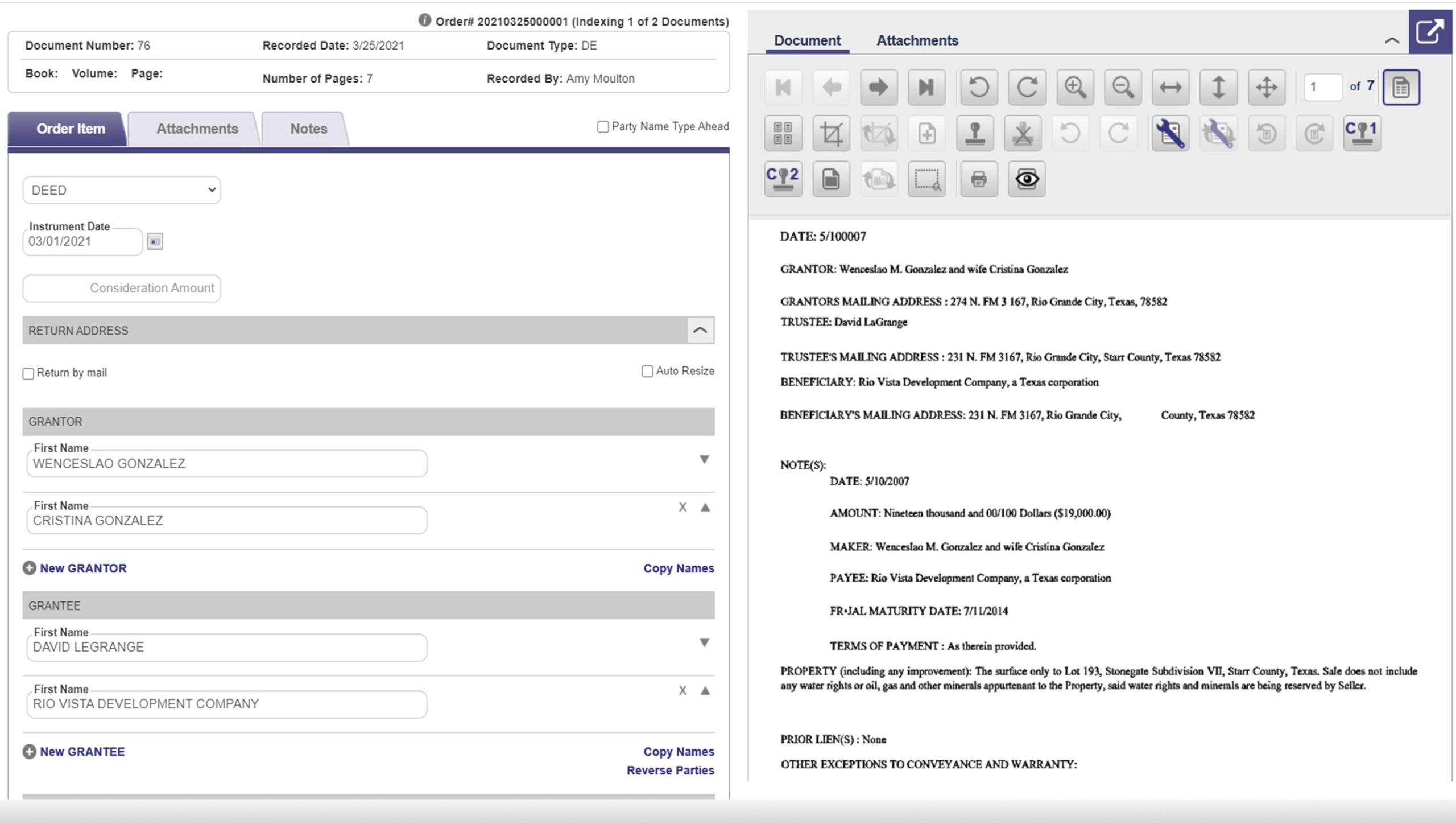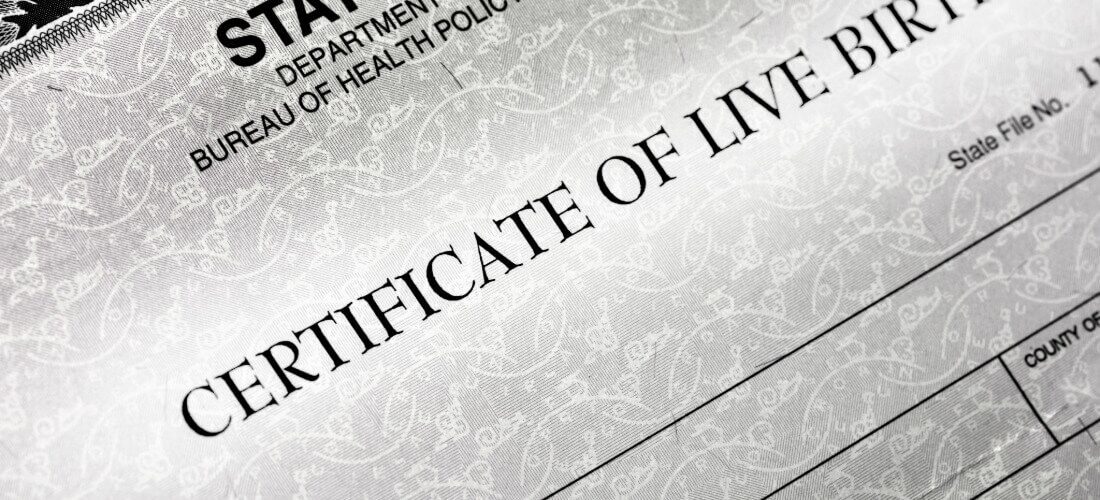
In our digital age, records management must balance both physical, paper copies of documents as well as electronic copies. Because of how much falls under the umbrella of records management, there are a variety of challenges that administrators face when it comes to managing records.
When looking at the challenges of records management, there are three common problems that arise – making records management accessible, preparing for audits, and complying with retention schedules. Let’s take a closer look at all three.
Making Records Management Accessible
Finding an organizational system that makes documents easily and quickly accessible has always been one of the main challenges of managing records, whether paper or digital.
Given the extensive responsibilities governments bear in creating, overseeing, and disseminating numerous records, coupled with the expectation of citizens for swift document fulfillment, it is evident that governments grapple with the accessibility of records management.
Governments, and other organizations looking for ways to simplify their systems without compromising security, can do so in three ways:
- They can digitize the records they have on file so they can easily be observed on computers, tablets, and smartphones. This makes searching for records easier and also enables multiple people to view the same document on different devices at once rather than there being one copy that must be shared.
- Organizations can apply metadata to their records. This will make documents instantly searchable by their record type, cutting the time spent searching for a specific document down to seconds.
- Using saved searches makes it faster for users to locate the most commonly searched records.
Accessibility is one of the challenges of records management that will never go away entirely, but some of the stress and hassle can be reduced with these three changes.

GovOS Land Records Platform
Preparing for Audits
Considering the importance of the records that governments have on file and the sensitive information they may contain, audits are crucial to ensuring all documents are accounted for.
Governments can make it easier on themselves by monitoring system occurrences like the creation or disposal of documents, alterations in passwords, and instances when users log in and out. This data can be utilized to produce audit reports outlining the specific users who underwent changes in a system along with the corresponding timestamps.
Preparing for an audit is another one of the challenges of records management that will never truly be eliminated but implementing best practices can make the process significantly less difficult.
Complying with Retention Schedules
When it comes to the challenges of records management, compliance with retention schedules is one of the most important ones to address when you consider the consequences of noncompliance.
Document retention refers to policies that determine how long specific records should be kept on file and what should be done with them once they reach that point. Do they need to be moved to a new folder, recategorized, disposed of, or something else? Various record retention schedules are available for diverse types of records, posing a challenge in staying organized regarding the necessary actions for specific documents and their respective timelines.
An electronic management system has the capability to implement uniform policies across the entirety of the records system. It can automatically categorize newly generated records, establish schedules for retention, transfer, archival, or disposal of records, and organize records according to their designated retention schedules. This not only saves time but also reduces the potential for human error that may lead to inconsistent enforcement of retention policies.
These are just some of the top challenges of managing records, and while many may never be truly eliminated, they can all be made easier with the help of a comprehensive electronic records management system.










